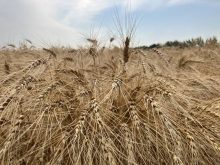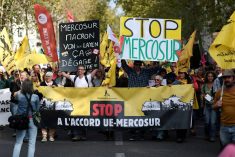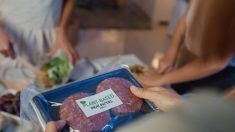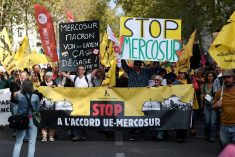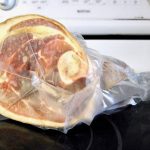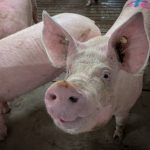Paris | Reuters — European dairy farmers caught out by a global market decline as they emerge from a 30-year-old quota system may have little choice but to produce at full pelt, hoping for a recovery in international prices next year.
Milk prices paid to EU farmers are down 20 per cent from last year at 30 euro cents (C45 cents) a litre on average, leaving some farms operating below production costs and upsetting the plans of farmers and dairy processors that expanded capacity before the abolition of EU milk production limits last April.
Read Also
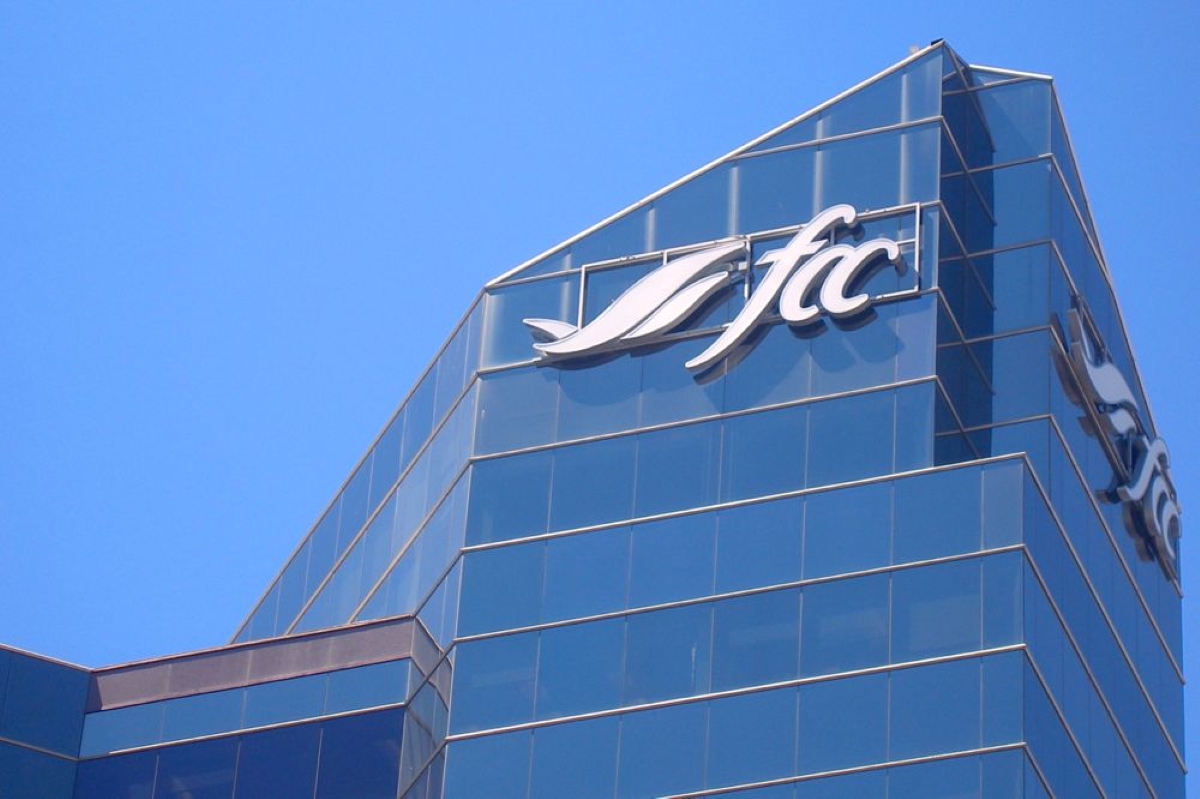
‘Significant’ Canadian GDP slide expected in 2026, FCC says
Farm Credit Canada expects continued trade woes and mortgage renewals to weigh on Canada’s economic growth in 2026
The ending of output limits in the European Union has contributed to world oversupply just as demand has been curbed by an embargo by Russia — usually the biggest buyer of EU cheese — and a drop-off in Chinese dairy imports.
“The removal of quotas couldn’t have come at a worse time,” said Ian Macalpine, chairman of the Royal Association of British Dairy Farmers.
The slide in prices has revived memories of a previous downturn in 2009 that saw some EU farmers dump milk rather than sell it.
Protests have spread across Europe this summer, with farmers targeting supermarkets in Britain, France and also Germany, the EU’s top milk producer and a supporter of the quota abolition.
“Europe is a great place to produce milk, you wouldn’t want to stop producing milk here, but farmers will find it difficult to cope with the volatility,” Kevin Bellamy, senior global dairy analyst at Rabobank, said.
Farmer groups are calling for a new form of output regulation, while countries such as France are pushing for an increase in the public intervention price at which producers can sell into storage.
The EU’s executive has already extended aid for farm sectors including dairy, hurt by Russia’s ban on Western food imports, and more measures could follow at a Sept. 7 meeting of EU farm ministers to discuss the livestock sector.
Agriculture ministers from Spain, France, Italy and Portugal met in Madrid to discuss the dairy industry and agreed to call at the Sept. 7 meeting for a temporary increase in the market intervention price for powdered skimmed milk, Spanish farm minister Isabel Garcia Tejerina told reporters.
But EU agriculture commissioner Phil Hogan said the situation was “nothing like” 2009 and warned against going back on market reforms.
“Milk quotas are gone and they are gone forever,” he said.
Living with volatility
Ireland’s largest dairy firm, Glanbia, said last week it sees prices staying weak into next year, a view shared by analysts.
A recovery from 12-year lows in benchmark global prices will most likely come from easing production in New Zealand, where farmers face steeper price falls than in Europe, and the return of Chinese buyers after destocking, analysts say.
In the meantime, less financially solid EU farms could cut back or stop altogether, particularly in southern and eastern regions that have smaller herds and less grassland.
But in the EU’s northern dairy heartland, stretching from Ireland to Germany, farmers are unlikely to change course as they leverage recently added capacity and provision for so-called superlevy fines totalling several hundred million euros for exceeding quotas in 2014-15.
And some producers remain sanguine given long-term demand in emerging markets, part of the rationale behind ending EU quotas.
“Low prices are just a fact of life. It’s about volatility,” said Rene van Buitenen, spokesman for the Dutch dairy processors federation.
— Gus Trompiz is a commodities correspondent for Reuters in Paris. Reporting for Reuters by Nigel Hunt in London, Thomas Escritt in Amsterdam, Barbara Lewis in Brussels and Michael Hogan in Hamburg.



